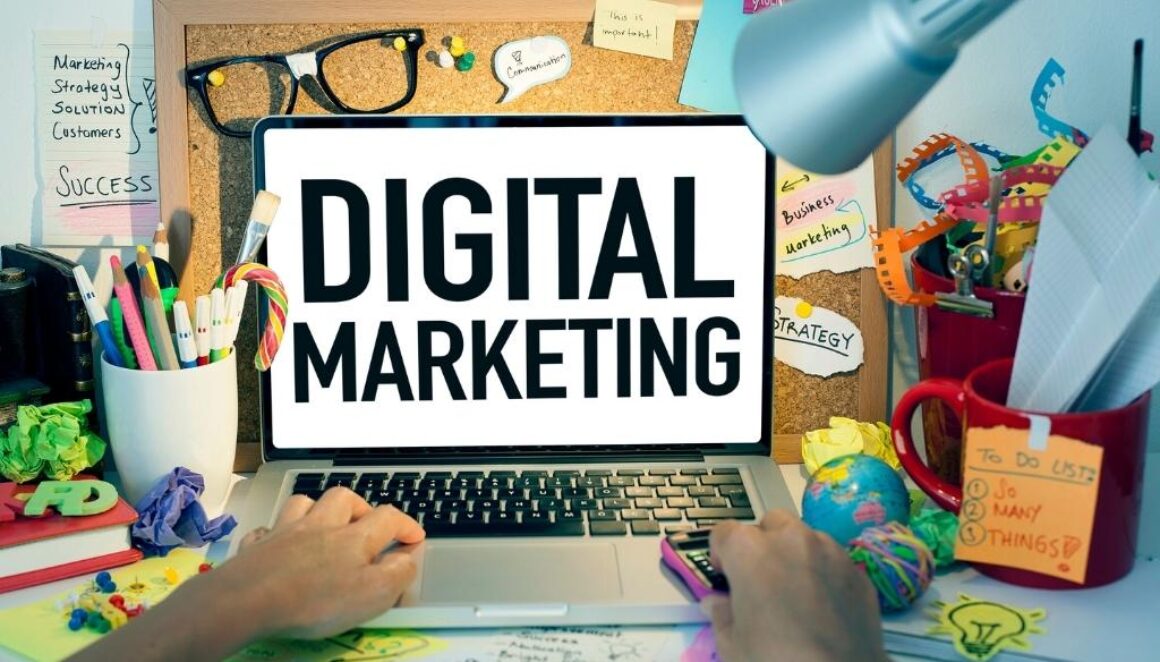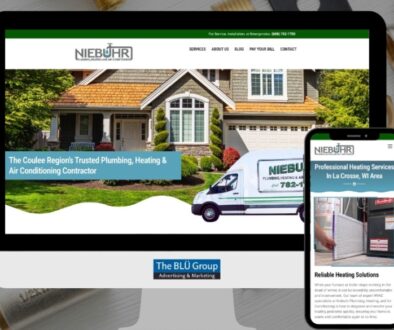Get Started With Organic Marketing
With the approaching deadline for a cookieless Google world and the disrupted ad tech and privacy landscape, it’s no surprise that marketers are reevaluating the future of their digital strategies. Many are shifting their marketing resources to organic marketing—a cost-effective digital marketing strategy that can drive long-term ROI and results.
What Is Organic Marketing?
Organic marketing is a digital marketing strategy in which you attract customers without the use of paid advertising. It can take the form of a blog post, social media post or SEO—to name a few.
The foundation of organic marketing is content. Delivering relevant and valuable content to your customers at the right time in their buyer’s journey builds brand awareness and can grow site traffic.
But without paid ads, how can you ensure buyers find your content? You can do so by showing up organically in the channels where your customers are engaging. With an estimated 5.6 billion searches every day on Google alone, ranking on page one can provide a huge advantage in reaching your customers. Many people never make it to the second page of Google search results.
Customers generally prefer organic search results over paid search ads. According to a study from Sistrix (via Search Engine Land), the average click-through rate (CTR) for the first organic result in a Google search is 28.5%, whereas the CTR for paid search ads is 3.17%, according to WordStream.
Creating relevant and valuable content informed by search engine optimization (SEO) best practices is important in order to claim the top spot on Google. With SEO in mind, you can create content that is optimized to rank higher in search and reach your target audience.
Better-Quality Leads And Higher ROI
Some say that organic marketing is like your 401(k): Even when you stop investing in organic marketing, it continues to grow. A good piece of content can generate traffic and revenue years into the future. When paid media budgets run out, clicks, traffic and conversions suddenly disappear.
When Covid-19 first emerged, many marketing teams had to make budget cuts. A March 2020 Gartner survey showed that 65% of marketers faced moderate to significant budget cuts due to Covid-19 disruption. With that, the traffic and leads from their cut paid media budgets likely decreased. Marketers who faced budget cuts were left scrambling for cost-effective alternatives to hit their revenue goals, which is why there was a significant uptick in marketing teams investing in SEO and content.
Organic marketing is your insurance policy for weathering budget cuts, personnel changes or other unforeseen disruptions. It’s an investment you should make today to deliver big results into the future.
Optimized Marketing Budget
Paid search is expensive, and most marketers don’t have an infinite budget to keep up with the costs. With collaboration between your paid, SEO and content teams, you can be strategic about which keywords you bid on to save costs. When you’re ranking high organically for a keyword, you can decide to cut back spending on paid search for that keyword without jeopardizing your presence on the first page of the search results.
Sometimes there are benefits to owning both the top paid and organic spots on Google for a single keyword, but having a strong organic presence gives you the opportunity and optionality to optimize your spending.
Why To Invest In Organic Marketing
So, why invest now? Aside from the fact that 5.6 billion searches take place every day on Google, the tech giant will soon be going cookieless, which means paid advertising will be in limbo. Marketers will have to operate without access to the third-party data many have come to rely on, not to mention navigating increasing privacy regulations.
Organic marketing allows you to embrace new ways to understand your customers’ journey while preserving user privacy. You’ll find it’s a great way to get to know your customer while enabling you to do more with the customer data you own. Stay dependable and agile in a landscape that will be ever-changing.
Getting Started With Organic Marketing
It’s not possible to build a strong organic marketing program overnight. It takes a long-term commitment to creating high-quality content. Remember, organic marketing is a long-term investment.
Creating high-ranking content starts with a comprehensive keyword strategy. Each page on your site should target two to three keywords that revolve around a central idea. The keyword should be relevant to your business or space.
The primary keyword for the page is the central keyword you would like the page to rank for. This keyword should appear at the front of your title tag and in your meta description, H1 heading and body content. The secondary keyword is complementary to the primary keyword. It should appear in your title tag (if possible), in an H2 and within your body content.
You can use a keyword research tool to uncover which keywords are relevant to your audience and the monthly search volume (MSV) of each keyword. MSV indicates how many searches took place for a particular query. The higher the volume, the higher the number of searches and amount of competition. It may be tempting to try to rank for high MSV keywords, but when you’re just starting out and have little domain authority, long-tail keywords are a good starting place.
Long-tail keywords are longer and more specific phrases. These keywords often see lower search volume and competition. This means they can be easier to rank for and have higher conversion potential because of their specificity.
Ready To Leverage Organic Marketing?
These are just a few quick tips for getting started. Creating a successful organic marketing strategy takes time and investment. It takes a partnership between your SEO, content and web teams. By creating sought-after content your audience is looking for, you’ll be right where your customers need you—at the top of Google’s search results. While the idea of ranking at the top of Google at no cost sounds appealing, it’s not quiet that easy. The BLÜ Group team has experience with SEO, content creation, web design and development, and much more. Contact us today and see how we can level up your businesses organic marketing.
Source: Forbes




